Ethiopia
Ethiopian Prime Minister, Hailemarian Desalegn, has reiterated that contrary to pressure by the international bodies to send independent investigators to look into the death of protesters, the country will empower its institutions to probe the deaths.
The United Nations (EU) and European Union (EU) have been at the forefront of calls for the country to allow an independent probe into the deaths that resulted from widespread protests in the Amhara and Oromia regions of the country.
The PM’s latest response was during an interview with the BBC correspondent in the country. It, however, buttressed a position that was carried by the Foreign Policy (FP) magazine in October last year – at the height of the deadly protests.
“There is no need for somebody from outside to come and investigate this issue. It’s not because there is something to be hidden but it’s because we have a sovereignty that needs to be kept,” Hailemariam is quoted to have said by the FP magazine at the time.
In the case of his recent interview published by the BBC, he was asked by the journalist why Ethiopia still rejected independent investigators, he responded:
‘‘First of all, I think the most important sustainable way is to have your own independent institutions in the country, so no one can come and investigate Ethiopia’s cases every time. You should have this thing happen in your own country.
The journalist then asked, ‘‘What about those who say if there is nothing to hide, these UN bodies or independent investigators should be allowed?’‘
‘‘It is because it is a matter of principle, it’s a matter of principle; because this is an independent country which is able to investigate its own cases and should learn through the process of this and strengthen it,’‘ he added.
The UN Human Rights High Commissioner, Zeid Ra’ad Al Hussein in a report published last year reiterated calls for Addis Ababa to allow an independent assessment of the situation in order to confirm or dismiss reports in the media.
The Ethiopian government has severally dismissed casualty figures put forward by human rights groups describing them as exaggerated. The government imposed a six-month state of emergency in October last year to quell the spreading protests. The curfew was recently extended for another two months.



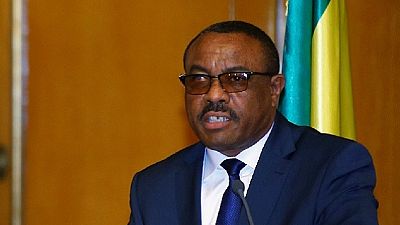

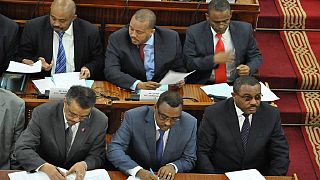
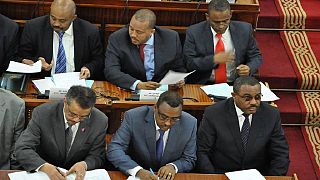
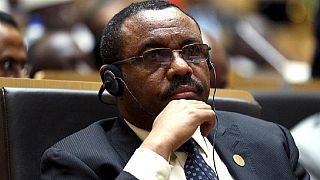


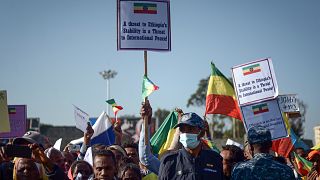



01:35
UN and Haitian officials mark one year since Kenyan police arrived to support security efforts
01:42
Gaza residents welcome rare organized aid delivery after months of chaos and hunger
00:48
Death toll in Kenyan anti-government protests rises to 16, says rights group
01:50
UN urges renewed political and climate action in Libya amid humanitarian and governance crises
01:02
Heavy police presence in Nairobi ahead of anniversary protests
00:58
Cash crunch stalls UN probe into possible war crimes in DR Congo